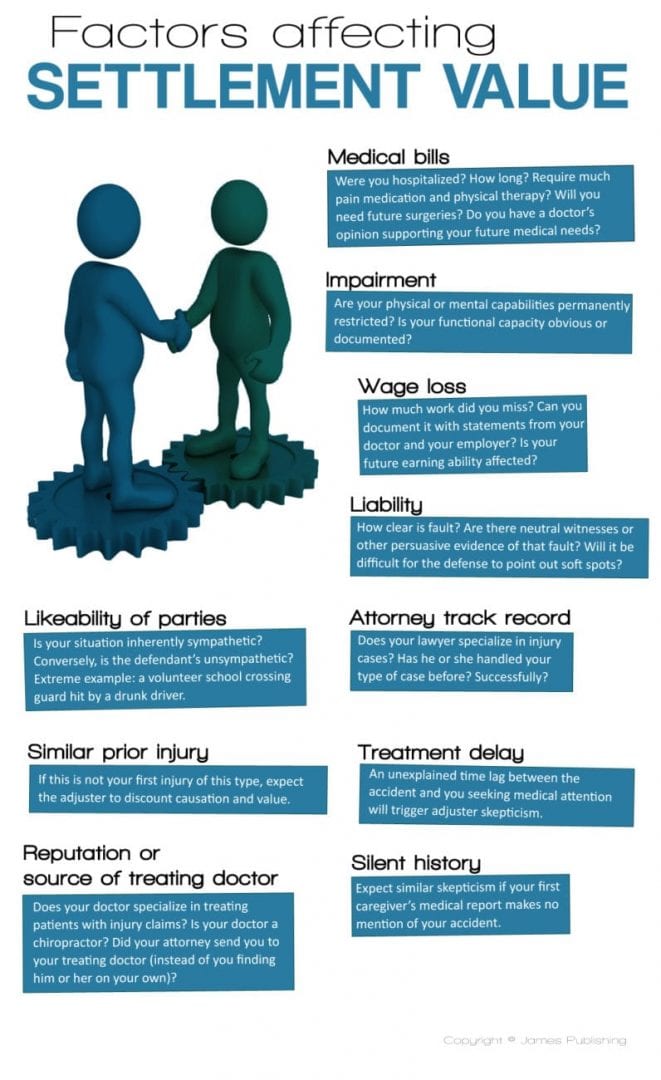Landlord-Tenant Regulation: A Real Estate Lawyer'S Overview
Landlord-Tenant Regulation: A Real Estate Lawyer'S Overview
Blog Article
Author-Wilkins Hansen
When it involves landlord-tenant legislation, recognizing your rights and duties is critical for both parties. You may assume you have a solid grasp on the basics, but there are often subtleties that can catch you off-guard. Whether you're a proprietor taking care of a property or a lessee trying to find a secure home, comprehending the legal landscape can make all the distinction. What might amaze you are the complexities involved in browsing disputes and eviction processes.
Understanding Tenant Rights and Responsibilities
When you rent out a home, it's vital to comprehend your civil liberties and obligations as an occupant. You can a risk-free and habitable living setting, meaning your property manager must maintain vital services like home heating, plumbing, and electrical energy.
You're likewise entitled to personal privacy; landlords normally require to offer notice before entering your system.
On the other hand, you're responsible for paying rent promptly, maintaining the property clean, and not causing damages past typical deterioration.
Acquaint yourself with your lease agreement, as it lays out specific policies and commitments. Understanding these facets not just protects you however likewise cultivates a favorable connection with your property manager.
Keep educated, and mouse click the next article browse your tenancy more effectively.
Secret Landlord Obligations and Lawful Considerations
While you might understand your legal rights as a lessee, it's just as essential to recognize your landlord's obligations.
Landlords must supply a secure and habitable living environment, making sure that crucial systems like home heating, plumbing, and electrical energy remain in functioning order. They're additionally in charge of making necessary repair services without delay and adhering to regional building regulations.
Furthermore, property managers should appreciate your privacy by offering proper notification prior to entering your unit, normally 24 hr. They should deal with security deposits according to state laws, consisting of returning them immediately after you move out, minus any kind of lawful deductions.
Understanding these commitments can assist you maintain a favorable relationship with your landlord and guarantee your living situation satisfies legal standards.
Browsing Conflicts and Eviction Procedures
Conflicts in between property managers and renters can emerge unexpectedly, making it important for you to recognize the procedures associated with resolving them.
Initially, interaction is essential-- attempt to go over problems directly to locate a concession. If that https://squareblogs.net/wilhemina959jeremy/factors-to-keep-a-property-lawyer-safeguarding-your-building-financial working, acquaint yourself with your local laws regarding disagreements and eviction. Record whatever: maintain records of interactions, repayments, and any type of infractions.
If eviction becomes needed, ensure you comply with the lawful actions called for in your location, which usually consists of offering created notice and a particular timeframe for resolution.
Be prepared to head to court if lawyers for wills , maybe your only option. Understanding these processes will certainly assist you navigate disputes more effectively and safeguard your legal rights as either a proprietor or occupant.
Verdict
In summary, comprehending landlord-tenant legislation is essential for both events associated with a rental contract. By understanding your rights and duties, you can promote a far better living environment and stay clear of disputes. If disagreements arise, remember that a realty legal representative can assist lead you through the intricacies of expulsion procedures and legal commitments. Remaining informed and aggressive will certainly make certain a smoother rental experience, whether you're a proprietor or an occupant.
